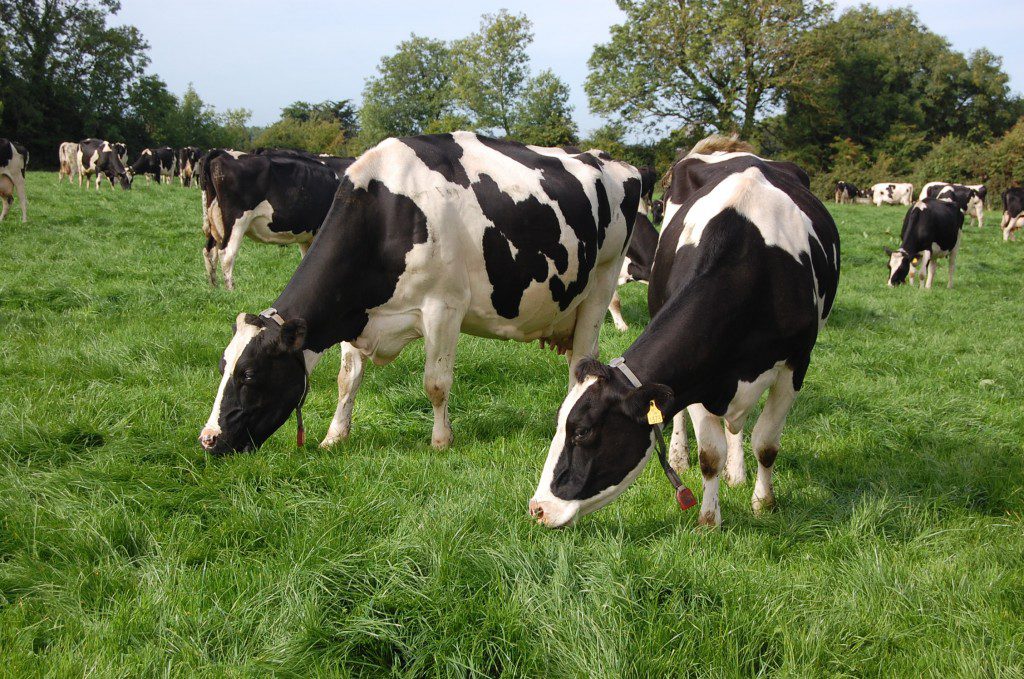I am not sure where Ireland stands in terms of developing a coherent strategy regarding the future use of antibiotics and anti-microbials.
But the rest of the world is deeply concerned about the matter.
The fact that a number of important, disease-causing bacteria are now resistant to almost all antibiotics is giving medical professionals around the world serious cause for worry.
No direct linkage has been identified between the evolution of ‘super bugs’ and the use of medicines on-farm. However, this is now a totally irrelevant point.
Given this backdrop, the Irish farming industry should be prioritising the development of sustainable strategies regarding the future use of anti-microbials within the various livestock sectors.
This is already happening in the UK where the Responsible Use of Medicines in Agriculture Alliance (RUMA) is extremely active.
The organisation will host its annual conference for 2017 in a few weeks’ time. The event is set to include the latest official antibiotic sales data for farm animals, as well as revealing the UK farming industry’s new, sector-specific targets for antibiotic use.
The past 15 months have seen a RUMA task force working to identify meaningful objectives to reduce, refine or replace antibiotic usage. This follows the UK government’s commitment to agree sector-specific targets by the end of this year.
The requirement for Irish farmers to keep a medicines’ book, as part of the current quality assurance schemes, gives agriculture a degree of cover, where antibiotics are concerned. But will this be deemed to be a sufficient response to the anti-microbial challenge that is coming down the tracks? I doubt it.
But this management technique only works on those farms where milk recording is routinely practised.
However, a Tyrone-based vet told me recently that unless this approach is taken on a widespread basis within the dairy sector, he worries about the general availability of antibiotic-based dry cow therapies in a few years’ time.
He also made it very clear that such restrictions would be introduced on the back of the growing concern regarding bacterial resistance to anti-microbials.
It’s very hard to develop any form of strategy regarding future antibiotic usage within Irish agriculture, if one is working in a vacuum. It’s now obvious that the UK is fast approaching the stage when pretty accurate figures on average antibiotic residue levels within farm animals and their produce can be ascertained.
The aforementioned task force, set up by the UK government, has been working flat-out on this matter for some time. Let’s hope the authorities here in Ireland are working on a similar plan-of-action and with a similar timeline in mind.
The Irish food industry exports 80% plus of its entire output. It’s conceivable that freedom from antibiotic residues could be made a standard requirement by many food importing countries in the not-too-distant future.
This is a potential development, which Irish farmers and industry leaders alike need to take careful note of right now.
